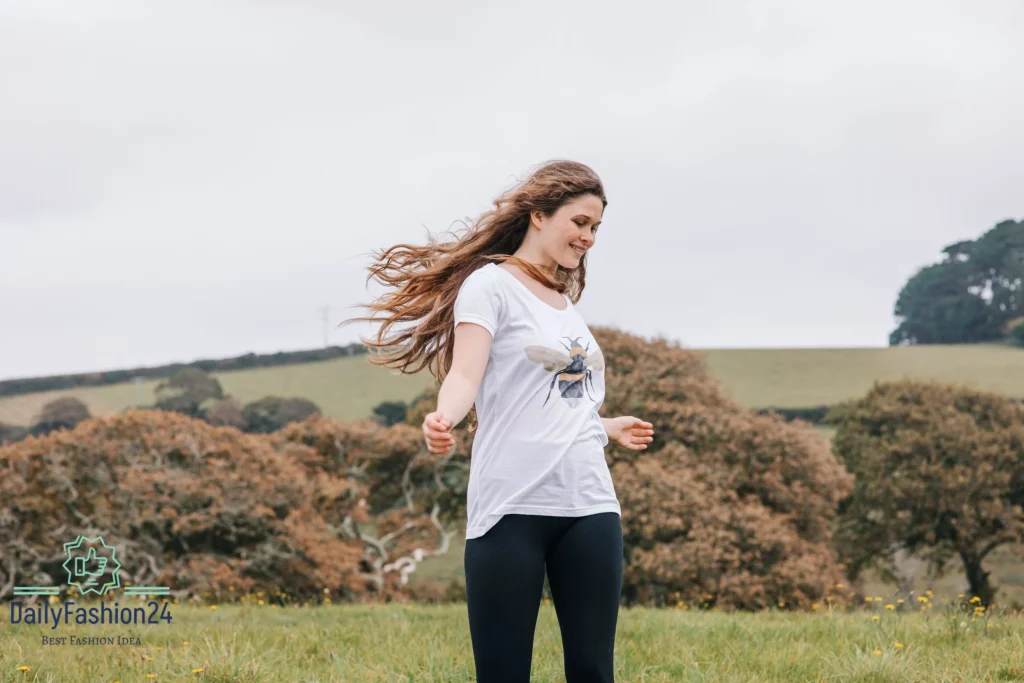
Sustainable and circular fashion have been the hallmarks of Rapanui Fashion, a British eco-conscious brand that has stirred the fashion industry. Since its establishment in 2008 by brothers Mart and Rob Drake-Knight, Rapanui’s focus has been on creating clothing that is both elegant and beneficial to the environment. Their paradigmatic attitude towards fashion challenges the conventional linear system while promoting a model where waste is eliminated from it and resources are reused.
The Circular Fashion Model
At the heart of Rapanui Fashion beliefs lies the concept of circular fashion, which involves creating products so that they can be used again or recycled. Rather than following the “take-make-and-dispose” approach; circular fashion thinking about sustainability for the product life cycle.
Rapanui Fashion has designed a complete circuitry for their clothes, which means when clients are through with one outfit they send it back to them to have it converted into another item. This cyclic method cuts down on textile wastes as well as saves resources while reducing environmental effects associated with the clothing manufacturing process.
Natural and Ethical Materials

The company is known for using only organic stuff in its products. Among the items that they produce, organic cotton always features prominently; this is because it grows without the involvement of poisonous chemicals used to kill insects or manure. Through this approach, Rapanui reduces pollution and maintains biodiversity. This also ensures that farmers who engage in growing cotton are protected from diseases and accidents.
In addition, the company focuses on fair labor practices in its supply chain as a way of promoting ethical production. They only work with manufacturers who meet their high ethical standards such as paying staff fairly and ensuring that employees work under safe conditions. Consequently, Rapanui Fashionclothes are environmentally friendly through using organic materials together with observing good manufacturing practices.
Manufacturing On-Demand

Another industry-leading aspect of Rapanui’s business model is its employment of manufacturing on-demand techniques. Clothing is made by Rapanui when customers ask for them instead of producing them on a large scale only to have them go waste if no one buys them. This plays a significant role in addressing overproduction which results in most waste being generated by the fashion industry today.
Rapanui can produce high-quality clothing using renewable energy in their factories and utilizing cutting-edge printing technology to reduce its carbon footprint. By eliminating unnecessary waste, this model serves as a double benefit for both consumers and the environment while ensuring that the construction of each item is done precisely and carefully.
Transparency and Traceability
In addition, Rapanui has an open approach to fashion by offering customers a “traceability map” that shows how their clothes move from cotton-growing fields to end products. Such transparency not only makes buyers trustful but also creates responsibility within the industry. Customers can learn about the origins of the clothing they buy from Rapanui as well as know how it is produced.
A Vision for the Future
More than a fashion brand, Rapanui aims to lead toward a more sustainable future. The way it approaches circular fashion and environmental responsibility sets an example for other companies. Rapanui not only advocates for wider industry changes but also works towards a future where sustainable, ethically produced fashion is made mainstream rather than staying an exception.
In a world where fast fashionoften rules the market, Rapanui remains a source of optimism for the future. The company’s focus on sustainable materials, ethical production, and modern business practices shows that one can create beautiful and stylish clothes that are not harmful to humanity or nature.
